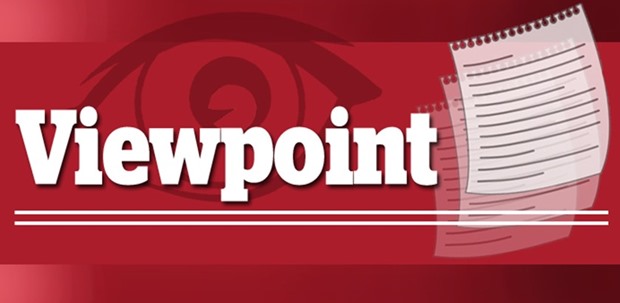French President Francois Hollande has dug himself into a hole over plans to strip dual nationals of their French passports if they are convicted of terrorism, and a looming government reshuffle is unlikely to help him regain lost popularity.
Long France’s most unpopular president on record, Hollande briefly saw his ratings almost double when he brought in tough security measures after militants killed 130 people across Paris on November 13. Twelve weeks later the boost has entirely evaporated, lost in endless debates and government flip-flops over the dual nationality plan, which has deeply divided Hollande’s Socialist party and threatens to hurt his already faltering chances of winning re-election next year.
The government has acknowledged that the passport-stripping plan is a largely symbolic move that would probably not deter a potential attacker. Proposing it seemed a good move at the time for Hollande: just three days after the wave of shootings and bombings, he appeared both resolute and consensual when he put forward the measure, favoured by the right, to a rare joint meeting of both houses of parliament. Lawmakers gave him a standing ovation.
Now it has turned into a major headache, drawing criticism from his own camp as the initial shock of the attacks has begun to fade. The question of nationality is a sensitive one for the Left, which has traditionally been generous in offering migrants the right to become French.
In a country where about 5% of people aged between 18 and 50 hold two passports, many of them of north African origin, critics are concerned the measure would discriminate against one group of citizens. The parliament starts today debating a constitutional reform bill that addresses the nationality question and would also make it easier to decree a state of emergency - a measure the government imposed after the November 13 attacks and is controversially seeking to extend.
But frequent re-draftings of the text have left many unhappy with it, both on the right and the left, meaning Hollande’s chances of getting it through are unclear. The two camps want opposite things and he needs them to agree, as a constitutional reform requires a three-fifths majority. Under pressure from Socialist lawmakers, the latest version no longer specifically mentions dual nationals. Yet they would still effectively be the ones targeted: international law bans making someone stateless, so the government could not take away the passport of someone with sole French nationality.
To many on the right that’s not strong enough; to critics on the left, it goes too far. If there is no deal, it will be a defeat for Hollande, whose popularity has dropped by 10 percentage points from a month ago and 24 points from two months ago. It now stands at 26% - two points below where it was before the attacks.
Some of this has to do with voters refocusing on economic woes including rampant unemployment. But the government’s vacillations over dual nationality have given the feeling that Hollande is struggling to make decisions, which worsens his image problem.
Hollande wants to run in 2017, probably against either former conservative president Nicolas Sarkozy or former conservative prime minister Alain Juppe, and the far-right’s Marine Le Pen. But his tougher security stance has widened divisions on the left, compounding criticism that economic reforms he introduced in 2014 were too stacked in favour of big business.
Hollande is preparing to reshuffle his government soon but the move is not expected to do much to help the government’s popularity. It could possibly have a major impact if Prime Minister Manuel Valls or the government’s line was to change but that is not expected to be the case. Hollande and Valls have many times reaffirmed the government’s more liberal line; it can’t change now.

